Beauty has long been tied to self-expression, confidence, and even societal perceptions of success. While the concept of beauty is subjective, the way individuals perceive themselves plays a significant role in their overall well-being. For many, plastic surgery serves as a transformative tool—not just for physical appearance but also for self-esteem and psychological health.
The Link Between Appearance and Self-Esteem
Self-esteem is influenced by a variety of factors, including how individuals see themselves and how they believe others perceive them. Studies consistently show that physical appearance can affect confidence and mental health. For some, dissatisfaction with specific features can lead to feelings of inadequacy or social withdrawal, affecting relationships, career opportunities, and overall happiness.
Plastic surgery offers a way to address these concerns, allowing individuals to align their outward appearance with how they envision themselves.
Empowerment Through Choice
One of the most impactful aspects of plastic surgery is the sense of agency it provides. Whether someone is seeking rhinoplasty, breast augmentation, or a facelift, the decision to pursue surgery stems from the desire for self-improvement. This autonomy can be incredibly empowering, giving individuals the confidence to take control of their appearance and, by extension, their self-perception. Procedures like liposuction or eyelid surgery can address physical traits that individuals have been self-conscious about for years. Additionally, reconstructive surgery after an injury or illness can help restore not only physical function but also emotional well-being.
The Role of Realistic Expectations
While plastic surgery can significantly improve self-esteem, it’s essential for patients to have realistic expectations. Dr. Matarasso emphasizes the importance of understanding that plastic surgery is not a magic solution to all life’s challenges. Instead, it is a tool to enhance natural beauty and provide a sense of satisfaction with one’s appearance.
During consultations, Dr. Matarasso works closely with patients to understand their motivations and goals. This collaborative approach ensures that procedures are tailored to the individual, leading to outcomes that feel authentic and aligned with their unique vision.
Psychological Benefits of Plastic Surgery
Research suggests that plastic surgery often leads to positive psychological outcomes, including:
Improved Confidence: Feeling good about one’s appearance can boost confidence in social, professional, and personal settings.
Reduction in Anxiety: Eliminating insecurities may help reduce social anxiety and self-doubt.
Enhanced Quality of Life: Many patients report feeling happier and more comfortable in their own skin post-surgery.
Building Body Confidence with the Help of Dr. Alan Matarasso
At the heart of plastic surgery is the goal to help individuals feel their best—inside and out. He combines his expertise with a compassionate approach, ensuring that each patient’s journey is as transformative emotionally as it is physically. Through tailored procedures and a commitment to understanding each person’s unique needs, we help patients achieve results that enhance their self-esteem and overall quality of life.
If you’re considering plastic surgery and want to explore how it can impact your self-esteem, schedule a consultation with Dr. Alan Matarasso, MD at our office in New York, New York. Call (212) 249-7500 to book an appointment today.

